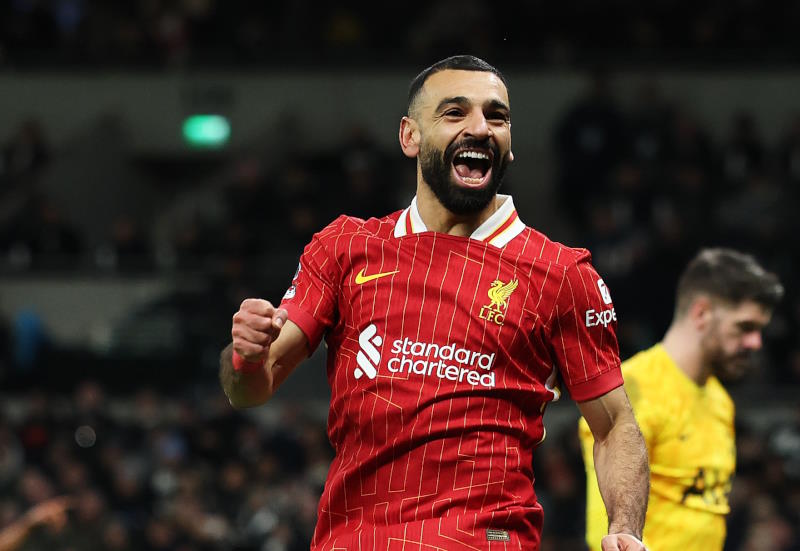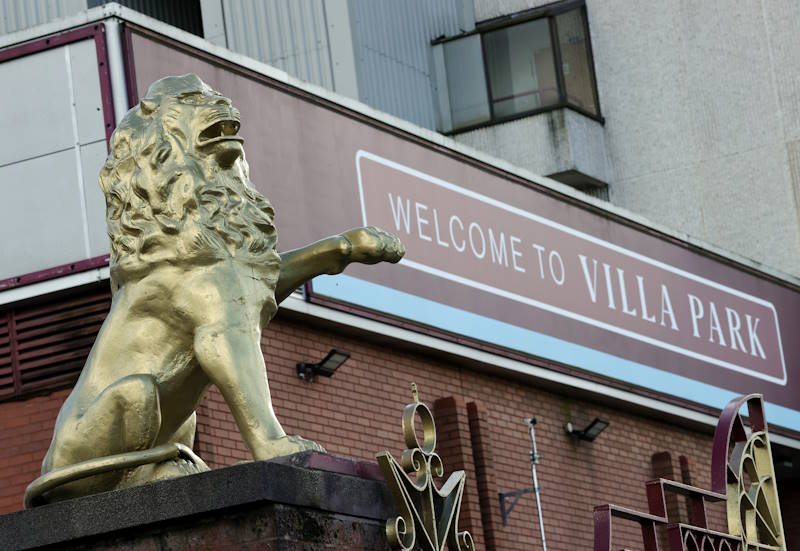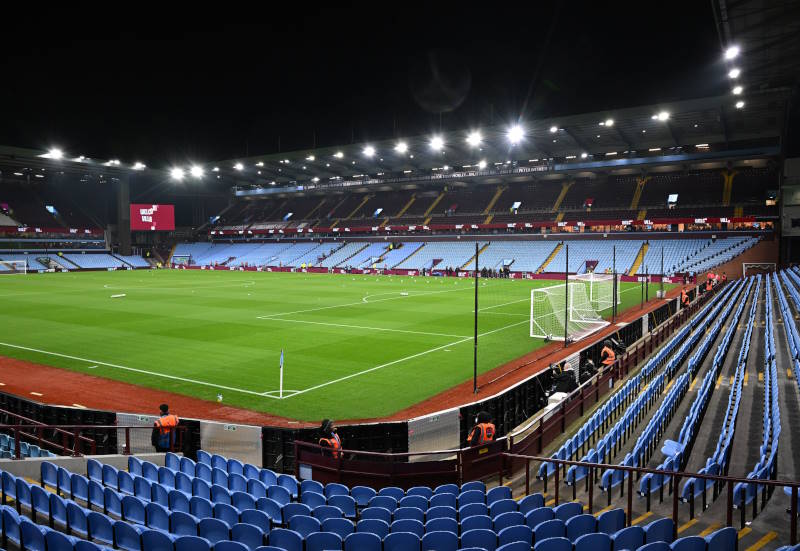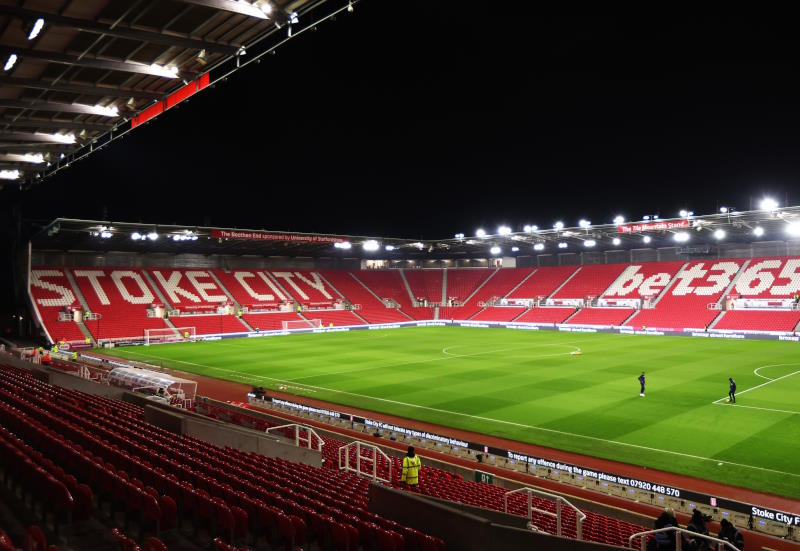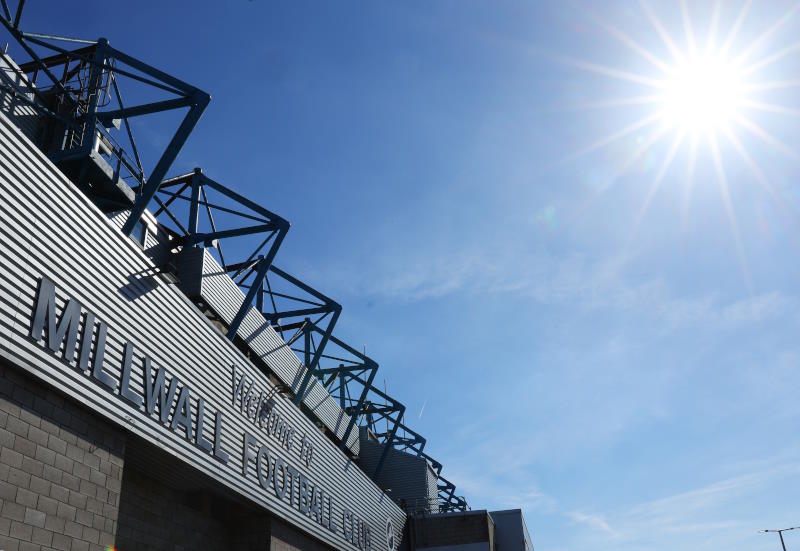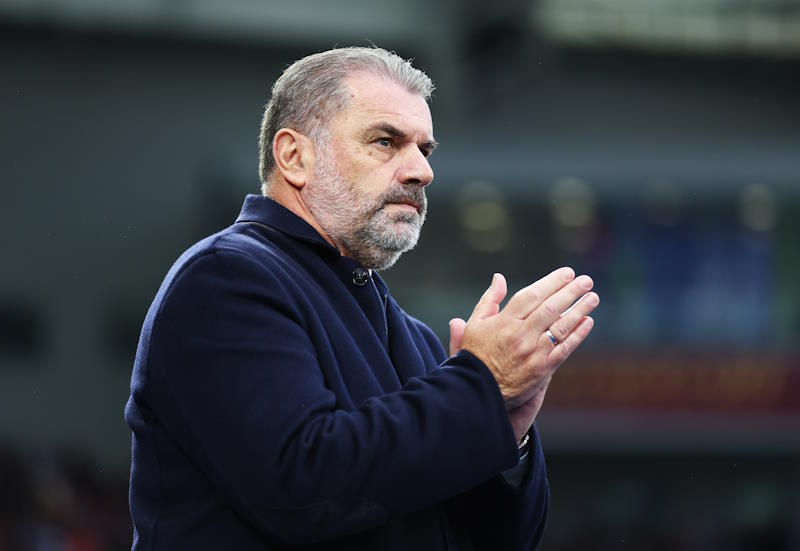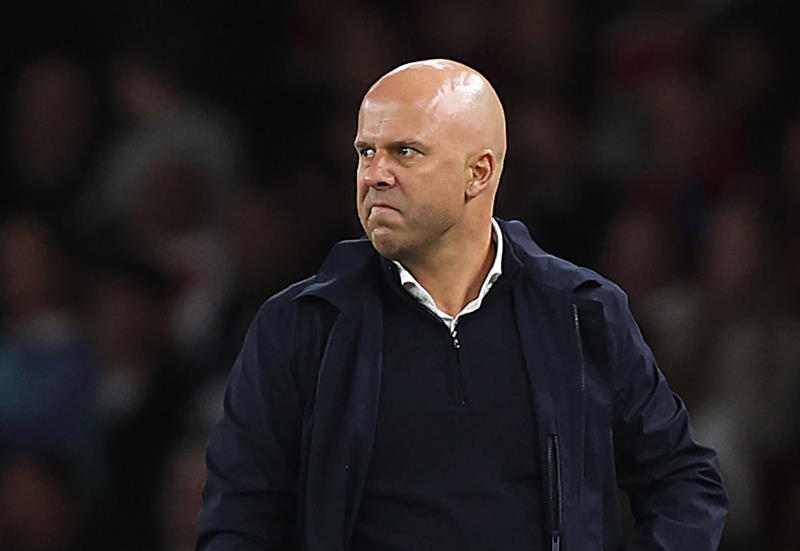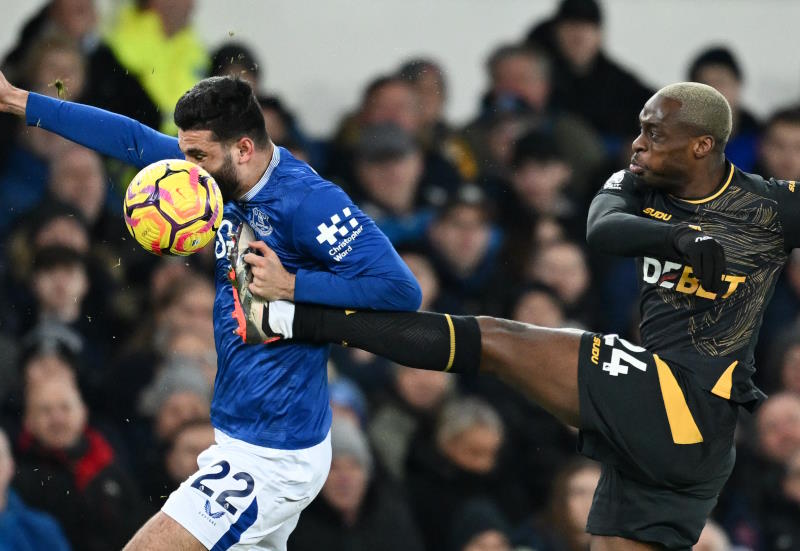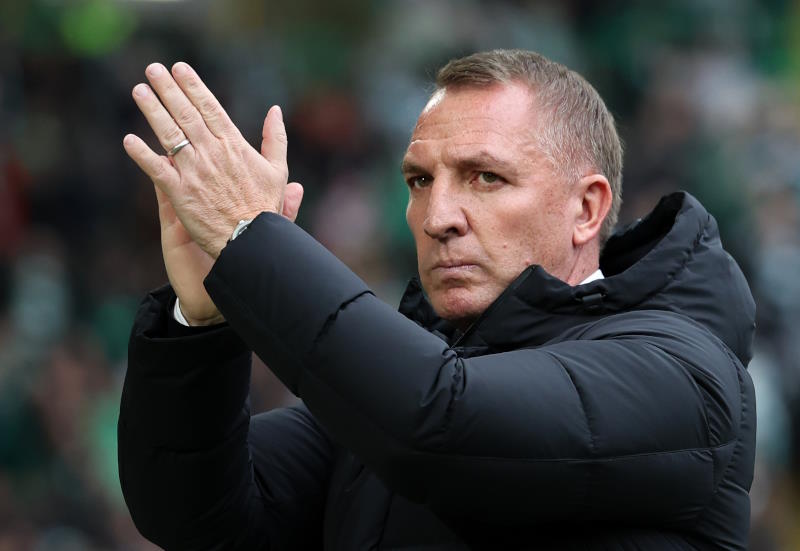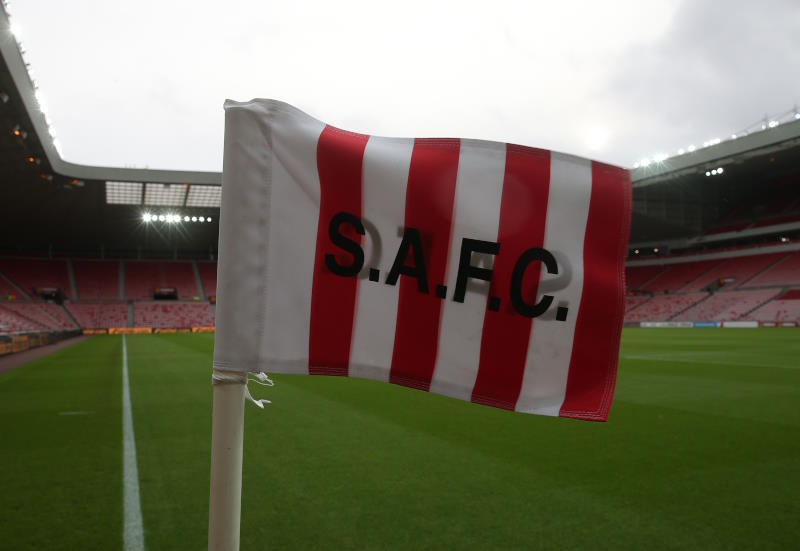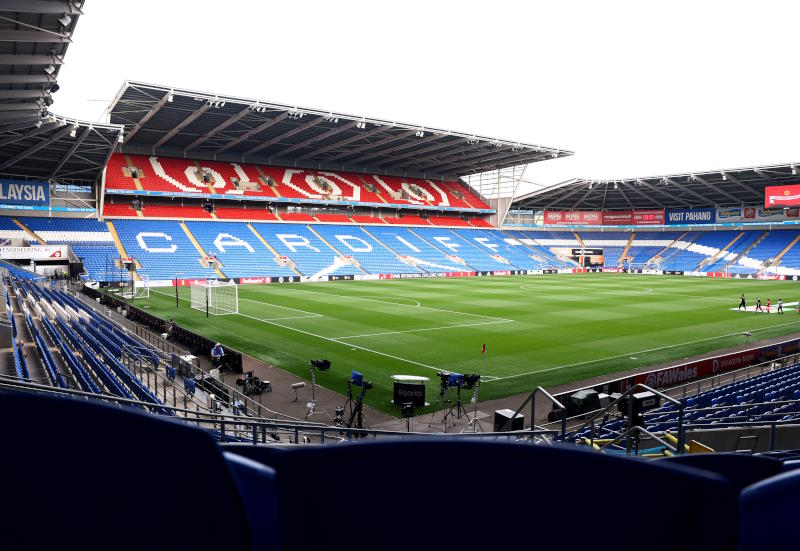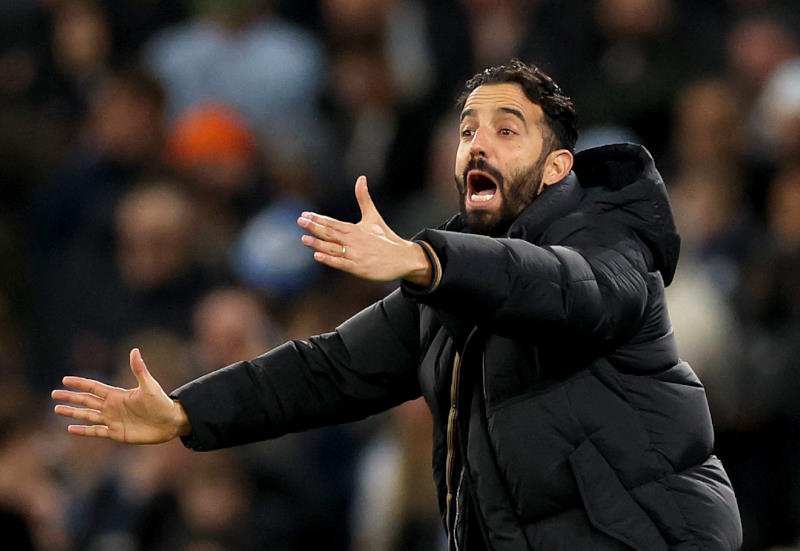Frank Myrland
After joining the MLS in its inaugural season, the New England Revolution spent the next several years carving out a place for themselves in the table. Unfortunately for the franchise, that place in the table turned out to be the very bottom. Six unsuccessful seasons later, the long submerged reputation of this bottom-dwelling football side was salvaged by the hiring of former Liverpool defender Steve Nicol as head coach.
Born in 1961, Nicol had begun his professional playing career in Scotland before being signed by Liverpool in 1981. The Scot appeared in 466 matches with the team over 14 seasons, finding himself a regular spot on the competitive eleven man starting line-up. Nicol was primarily deployed as a right-back, though he tested his foot at midfield and even at striker during his career, scoring 46 goals in the process. He won the European Cup with Liverpool in 1984, and added a League Championship and FA Cup to his résumé two years later. The Football Writers Association recognised his achievements in 1988-89, naming him Footballer of the Year. Nicol also earned 27 caps internationally with Scotland, including a role in the largely unsuccessful 1986 World Cup squad.
Nicol ended his career as a player-coach, appearing for several short stints with a variety of teams including Notts County, Sheffield Wednesday and West Bromwich Albion before moving across the pond to America. While he did briefly take to the pitch with the Boston Bulldogs of North America’s now defunct A-League and New England Revolution, Nicol quickly found a new role for himself as an assistant coach for the latter side.
Joining the New England Revolution in any capacity was either an act of bravery or managerial suicide. The product on the field was dismal and the spot in the table was even worse. The side had already chewed up and spit out four reputable head coaches over six years before Nicol took over in 2002, only 21 games after being signed as an assistant manager.
Nicol intended to fully revolutionise the Revolution’s style of play. He opted for a highly defensive system and a patient, mistake free approach to the game. The attitude and the professionalism of the squad turned around completely and the Revolution became a team to be reckoned with. It took some time for the ball to get rolling, but once it did, no other teams in the league could stop New England.
The Revolution had only advanced to the MLS Playoffs once, during the 2000 season. The squad played three aggregate games in the first round against the eventual MLS Cup runners-up Chicago Fire and the Revolution responded with an utterly lacklustre effort, losing the third and deciding match 6-0. It was a different team that entered the 2002 playoffs with Nicol at the helm New England made short work of Chicago and Columbus before finally being beaten by Los Angeles, who scored their goal in injury-time.
As it turned out, winning in the regular season and early playoff rounds was much easier for New England than winning in the championship games. It seems that getting a win in that very last game is Nicol’s Achilles heel. The team finished near the top of the table every following year except 2004, though they still managed to qualify for the playoffs that year as well, and the side advanced to the MLS finals in three of the next five years. While they never once managed to claim the ultimate prize, the team were champions of the US Open Cup in 2007 and of the North American Superliga in 2008.
Nicol continues to offer his experience and knowledge of the game to his New England players. Now entering his ninth season as head coach, Nicol is the longest tenured active manager in the MLS, quite an achievement in itself. The former Liverpool great was rumoured to be a front runner for the position of head coach of the United States National Team when Bruce Arena was removed from the post, but the spot eventually went to Bob Bradley, coach of the MLS side Chicago Fire. Regardless, Nicol is still widely considered as one of the best football tacticians on the continent.
The Scot establishes a close and friendly relationship with his team and his players respond with effort on the pitch. He has been known to crack a joke or two with the press, but also is famous for terse one line answers to reporter queries. He claims that this is his way of keeping things from becoming more complicated than they need to be.
And since that approach has worked so well for his squad on the pitch, there’s little point in questioning him now.

